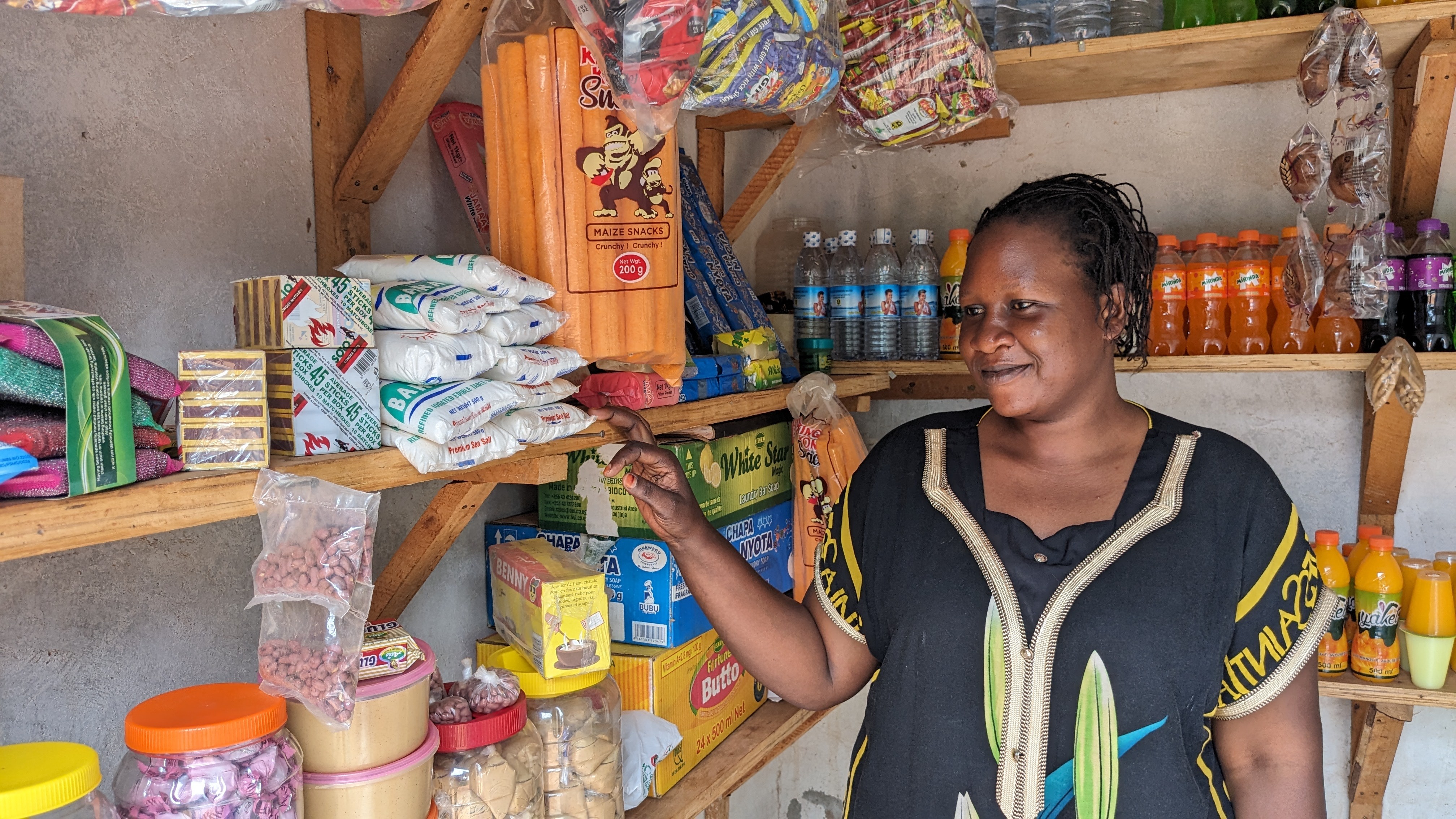This week, co-founder Paul Niehaus sat down with Inc.’s Kimberly Weisul to talk cash transfers, evidence, and basic income. On basic income he told Kimberly that in our pilot we’ll be testing things like: “does security make people relax or… take more risks?” Quartz also covered the idea of time-use and basic income this week, in an article that surveyed whether or not people worked less in past basic income trials.
GIVEDIRECTLY IN THE NEWS AND BLOGS
1. Incentives Shouldn’t Shape Public Assistance Policy
New America Weekly, Kalena Thomhave, August 25, 2016
Similarly, a 2011 study evaluated the effects of a GiveDirectly program that transferred unconditional cash benefits to impoverished households in Kenya. The transfers allowed families to build assets, increase their investments, reduce their hunger, and increase their consumption, particularly on food, medical, and family expenses.
2. What the Co-Founder of GiveDirectly Learned From Handing Cash to the Poorest People in the World
Inc., Kimberly Weisul, August 24, 2016
Paul Niehaus explains to Inc. editor-at-large Kimberly Weisul why Silicon Valley is so interested in funding transparent, easy-to-use charities.
CASH TRANSFER NEWS
3. Lessons on cash transfers to disaster victims
Rappler, Jose Ramon G. Albert, August 25, 2016
When I headed the Philippine Statistical Association Inc. (PSAI), the United Nations Children’s Fund (UNICEF) invited the PSAI to conduct a third party evaluation of its Unconditional Cash Transfer (UCT) Program for Yolanda Victims. The emergency UCT program of UNICEF was aimed at providing quick relief to children and their families.
4. Most Welfare Dollars Don’t Go Directly To Poor People Anymore
FiveThirtyEight, Andrew Flowers, August 25, 2016
The result has been a dramatic shift of resources away from cash assistance and toward spending on other programs. In 1998, nearly 60 percent of welfare spending was on cash benefits, categorized as “basic assistance.”
5. Opinion: Here’s how to reduce inequality and poverty in America
MarketWatch, Martha Feldstein, August 23, 2016
Although SNAP is described as a nutrition program, the average benefit of $130 per month is far less than these low-income households spend on food. The program is thus really equivalent to a cash transfer. As such, it dominates the program launched by President Bill Clinton to provide cash assistance with significant restrictions.
6. Charitable Judgment
The Atlantic, Benjamin Soskis, August 29, 2016
Yet there are some signs that this ecumenism is eroding. The effective altruism movement, championed by ethicist Peter Singer and by organizations likeGiveWell (for which, full disclosure, I have consulted), have promoted the need to evaluate giving decisions not just within causes (“Which is the best cancer charity?”), but among them, to determine the most good that can be done with one’s dollars.
EFFECTIVE ALTRUISM
7. The Limits of Ideology and Identity in Social Change
The Huffington Post, Scott Weathers, August 26, 2016
The answer, for me, has been Effective Altruism and consequentialist thinking more broadly. Effective Altruism asks the question, “How can we accomplish the most good in the world?” Importantly, Effective Altruism is not a set of answers or a pre-defined ideology, but a worldview that attempts to apply evidence and reason to arrive at better answers than before.
BASIC INCOME
8. Finland’s upcoming basic income experiment is moving forward – here’s what you need to know
Business Insider Nordic, Vihelm Carlstrom, August 29, 2016
A basic income experiment is part of the government programme promised by Prime Minister Juha Sipilä. A two-week consultancy period on the proposed experiment has been announced and is currently underway before the government will submit a proposal for legislation to parliament.
9. Finland’s Experiment Is Not Universal Basic Income – But It’s Still Worthwhile
Forbes, Francis Coppola, August 27, 2016
Finland is embarking on an historic experiment. It is planning to try out what it calls a “basic income”. In a press release, the Finnish Ministry of Social Affairs and Health outlines legislation that would be required for a pilot study into basic income.
10. Universal basic income wouldn’t make people lazy–it would change the nature of work
Quartz, Joel Dodge, August 25, 2016
Back in the 1960s and 1970s, the US and Canada were seriously considering the possibility of instating a UBI. During that time, the US government commissioned a series of experiments across six states to study the effects of guaranteed income, particularly its effects on work.

